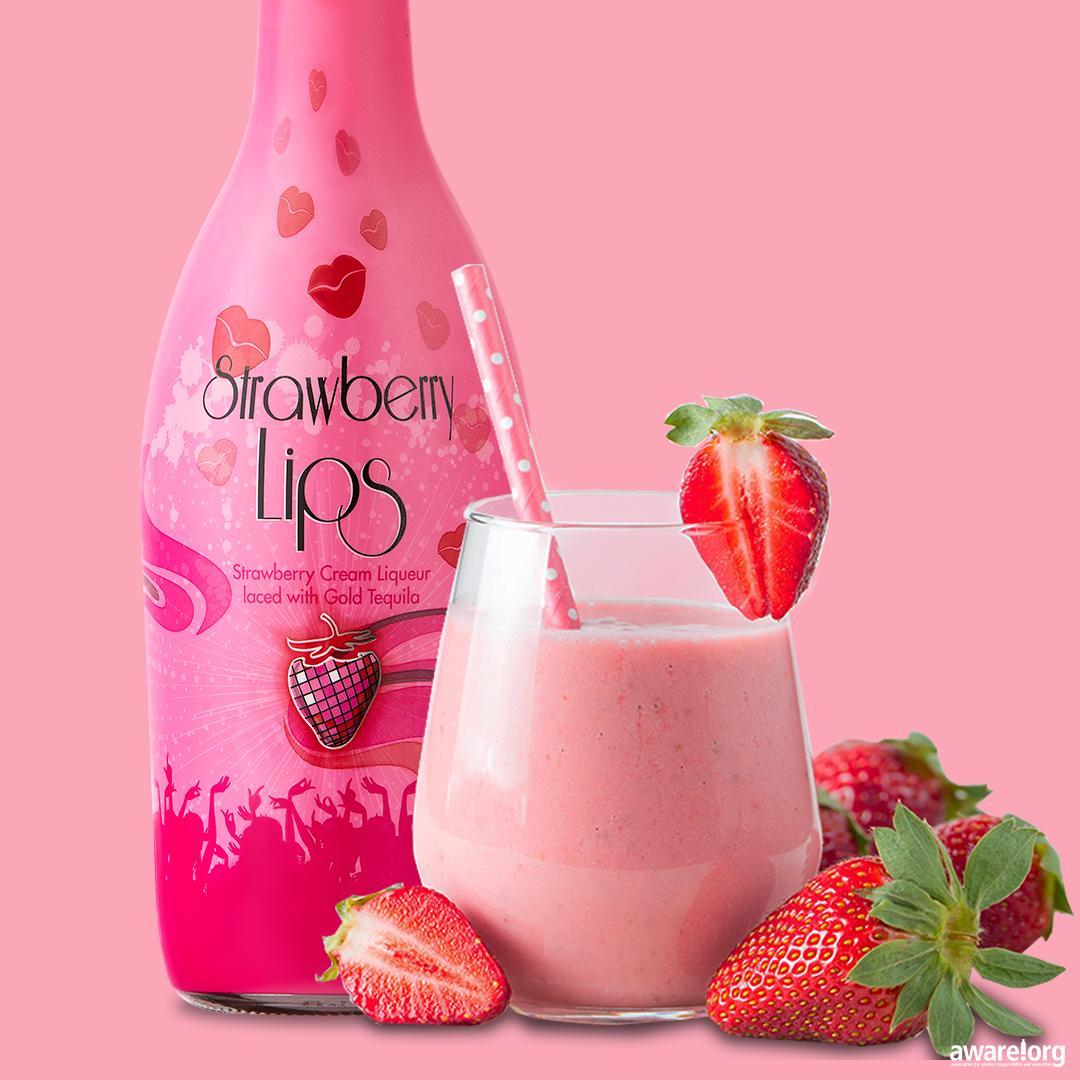Wine storage is an extremely sensitive issue since wine is a living beverage. For this reason, it is necessary to be careful about issues such as humidity and temperature and act according to the requirements of the climate.
Humidity plays a very important role when it comes to wine storage and aging of wine. Wine cellars, rooms and walls located in damp locations require special attention before construction begins. First, however, it is important to understand the role humidity plays in the longevity of wine, as well as the challenges of maintaining a stable environment when moisture in the air is prevalent.
Ideal Humidity Levels for Wine Storage
Your preferred space for wine storage should be able to maintain 50% to 70% relative humidity, with 60% being ideal. Humidity levels above 70% cause mold and spoil the wine. Levels below 50% can cause the corks to crack, resulting in evaporation and spoilage of the wine. In other words, appropriate humidity levels are an important consideration for climate-controlled areas and should definitely be considered before wine cellar construction begins.
The best way to nip moisture problems in the bud is to create an airtight wine storage and cooling environment. The first step is a vapor barrier. A vapor barrier is the inclusion of a plastic enclosure layer installed on the exterior walls and ceiling of a cellar or wine storage room into the design to prevent condensation from forming on the barrier and potentially leading to mold growth.
Insulation for Wine Storage
If space allows, the entire wine cellar, including the floor, should be insulated. If the floor is concrete and a vapor barrier and insulation is not possible, a waterproof sealer is recommended before installing any other flooring such as wood or carpet. Double-glazed windows, exterior doors and tightly sealed thresholds also provide a closed wine cellar environment.
Now that a climate-controlled space has been designed, you will need a wine cellar cooling system equipped with a cooling coil designed to remove moisture when relative humidity exceeds 70%. This moisture removal process should be automatic; Having to manually vary fan speeds to achieve desired relative humidity levels leaves us vulnerable to human error and wines at risk.
Maintaining Optimum Wine Storage Sensitivity Even in the Most Humid Climates
Wine chilling units for cellars in humid climates should be sized to operate long enough to dehumidify the air. Beyond the size and humidity levels of a wine storage space, another factor to consider when choosing a unit is how often the space will be accessed. Every time a wine room door is opened, pristine climate-controlled conditions are disrupted.
Some wine cellar cooling calculators have advanced modes. This facility takes into account parameters such as humidity and door opening and closing when recommending the best solution for your wine collection. Another important feature – especially when dealing with moisture – is an all-aluminum evaporator coil that prevents corrosion and rust. For this reason, when choosing wine condensation units, a concentrator coil with copper pipes and aluminum fins should be preferred.
Monitoring System for Wine Storage
The best way to know what’s going on in your wine cellar is through consistent, reliable monitoring. Wine storage sensors and controls monitor and display the humidity levels (and temperature) of a wine storage cooling area. Up to three remote sensors can be placed in a wine cellar. If your wine room is out of range for preset values such as humidity, you can use a service where you can receive alerts.
for wine storage given importance The moisture content of the wine is not the only issue. Many people who want to build a wine cellar also consider the need for the cellar to be pleasing to the eye. The wine rack designs on our site offer you all kinds of opportunities to bring your wine storage process to life in truly effective ways.
Importance of Wine Racks for Wine Storage
Many people think that as long as they provide appropriate conditions such as humidity and temperature, everything is fine with wine storage. But ordinary cabinets are absolutely inconvenient in the process of storing wine. Wine cellar designs not only make the cellar pleasing to the eye, but also ensure that the cork does not deteriorate and the wine can age in a healthy way.
For more information, you can contact us at [email protected].






